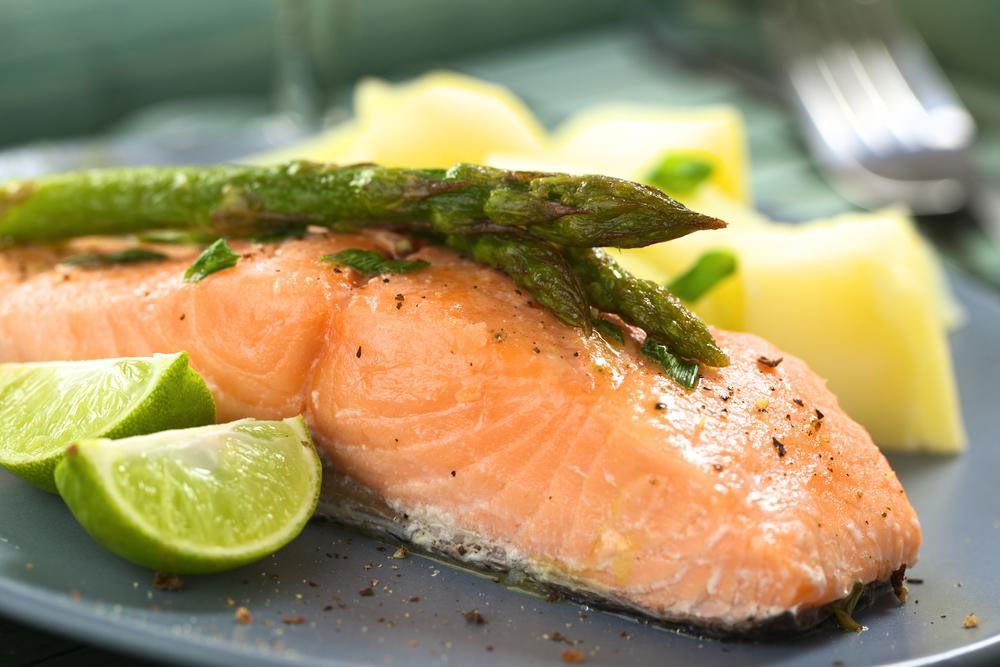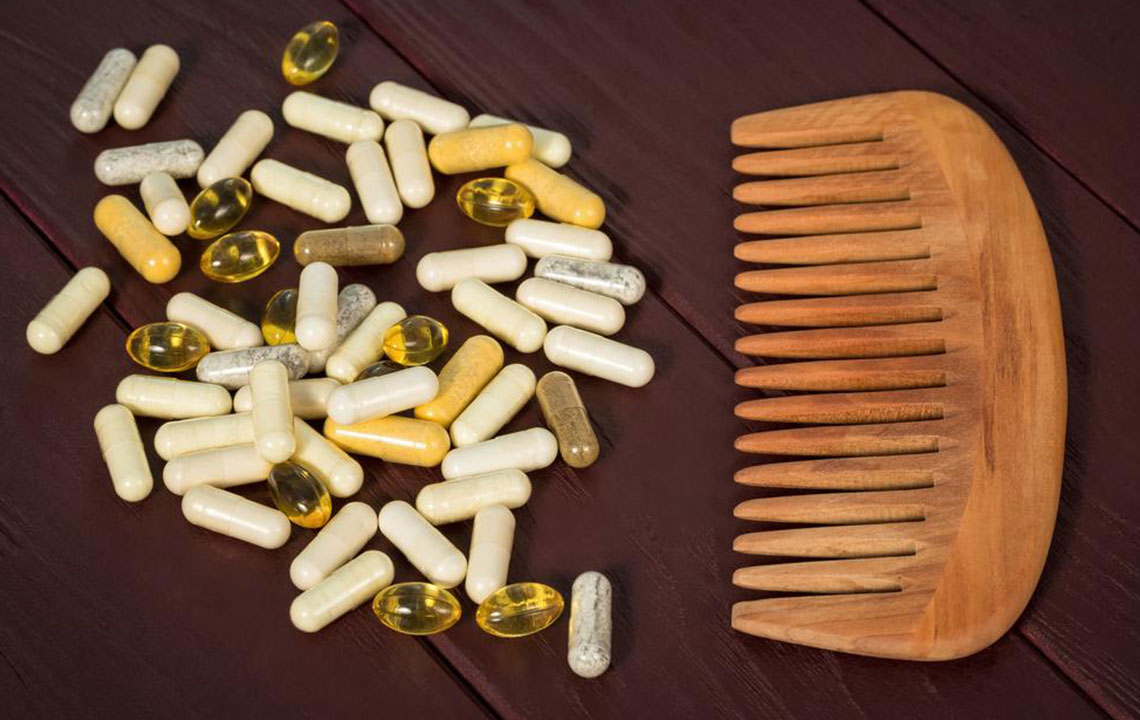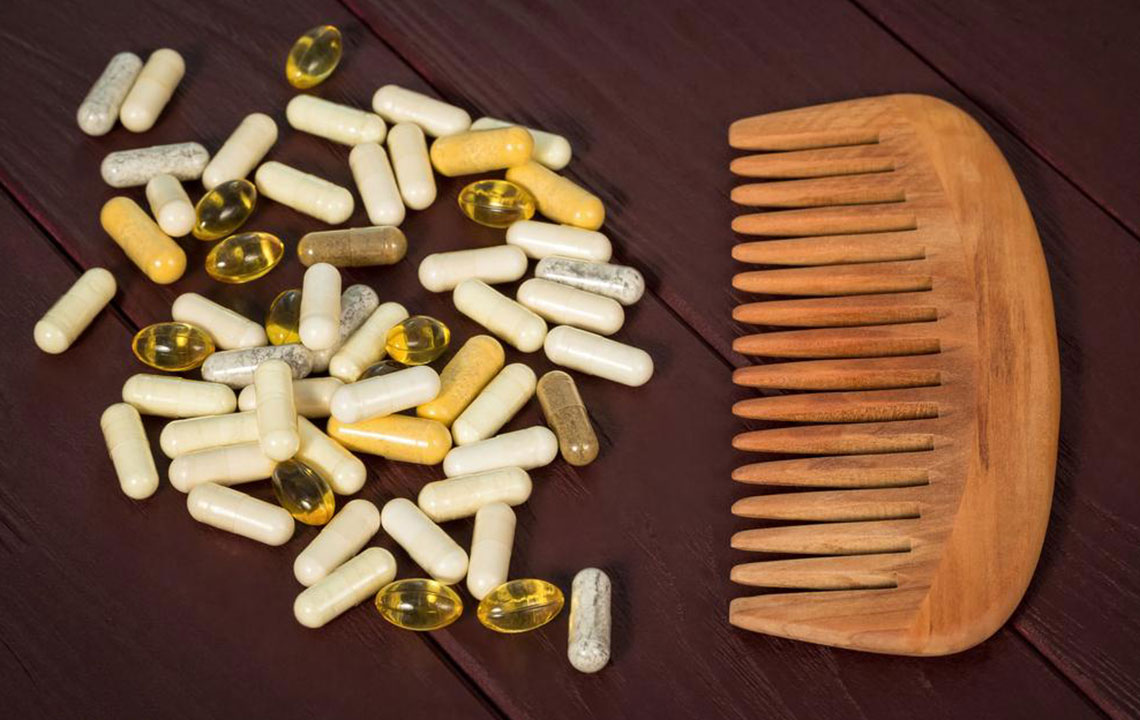Comprehensive Guide to Essential Vitamins for Rapid Hair Growth
Discover the comprehensive guide to vital vitamins that promote rapid and healthy hair growth. Learn about essential nutrients like vitamins A, B3, B7, B9, B12, C, D, and E, their benefits, and dietary sources to help you achieve thicker, shinier, and stronger hair through proper nutrition and supplementation strategies.

Comprehensive Guide to Essential Vitamins for Rapid Hair Growth
Healthy, lustrous, and thick hair is often considered a sign of overall well-being. Achieving vibrant hair isn't solely about external treatments; it fundamentally depends on providing your body with the right nutrients. Proper nutrition ensures that hair follicles receive the essential vitamins and minerals necessary for growth, repair, and strength. Several vitamins are particularly influential in promoting active hair growth, improving hair quality, and preventing hair loss.
In this extensive guide, we will explore the most vital vitamins that can help you attain healthier, faster-growing hair. Understanding these nutrients can empower you to make better dietary choices, incorporate effective supplements, and adopt routines that support optimal hair vitality. Let's delve into each key vitamin's specific functions, dietary sources, and how they contribute to your hair health journey.
Vitamin A
Vitamin A plays a crucial role in maintaining healthy hair growth by supporting the production of sebum, a natural oil produced by scalp glands. Sebum acts as a moisturizer, keeping the scalp hydrated and preventing dryness that can cause dandruff or hair breakage. Additionally, vitamin A has strong antioxidant properties that help reduce oxidative stress, which can harm hair follicles over time. Ensuring adequate intake of vitamin A can lead to shinier, thicker hair, and more resilient strands.
Sebum, the natural oil produced by skin glands, plays a significant role in enhancing hair gloss and maintaining scalp health. Vitamin A boosts sebum production, contributing to faster hair growth and richer strands, making your hair look healthier and more vibrant.
To optimize your vitamin A intake through diet, consider incorporating the following foods:
Egg yolk
Sweet potatoes
Milk
Spinach
Mangoes
Carrots
Dried apricots
Niacin (Vitamin B3)
Niacin is one of the B-complex vitamins essential for overall bodily functions, including maintaining healthy skin and scalp. It enhances blood circulation, which ensures that oxygen and nutrients are effectively delivered to hair follicles. This improved blood flow can promote faster hair growth and prevent hair thinning. When applied topically or ingested, niacin can help shield the scalp from UV damage, reducing the risk of hair damage due to environmental factors.
Foods rich in vitamin B3 include:
Tuna
Mushrooms
Avocados
Turkey
Biotin (Vitamin B7)
Biotin, often referred to as vitamin H, is widely recognized for its critical role in fostering hair health. It activates amino acids and fatty acids, which are vital components for maintaining the keratin protein structure of hair. A deficiency in biotin can lead to hair thinning, brittleness, and hair loss. Including biotin-rich foods in your diet can help restore and accelerate healthy hair growth, making strands more resilient and less prone to breakage.
Sources of biotin include:
Nuts (almonds, walnuts)
Mushrooms
Eggs
Bananas
Cauliflower
Salmon
Raspberries
Soybeans
Folic Acid (Vitamin B9)
Folic acid is essential for the metabolism of nutrients, facilitating the proper absorption and utilization of vitamins and minerals necessary for cell growth. It ensures that hair follicles receive adequate nutrition, which maintains their shine, thickness, and overall health. Adequate folic acid intake can also help prevent premature hair graying and loss caused by nutrient deficiencies.
Vitamin B12
Vitamin B12 is integral to the production of red blood cells, which carry oxygen and vital nutrients to scalp tissues and hair follicles. It supports cell regeneration and growth, helping prevent hair thinning and loss. Additionally, B12 enhances iron absorption, which is crucial for forming healthy hair follicles. A deficiency can lead to anemia and hair shedding, but supplements or B12-rich foods can help maintain optimal levels.
Foods high in vitamin B12 include:
Cheese
Yogurt
Milk
Whey protein
Vitamin C
As a potent antioxidant, vitamin C protects hair cells from free radical damage that accelerates aging and graying. It also plays a vital role in collagen synthesis, which strengthens hair strands and supports healthy scalp tissue development. By boosting immunity and decreasing oxidative stress, vitamin C encourages hair growth and improves overall hair quality.
Foods rich in vitamin C include:
Brussels sprouts
Lemon
Strawberries
Red peppers
Grapefruit
Oranges
Guava
Kale
Broccoli
Vitamin D
Vitamin D is essential for regulating calcium and phosphate levels in the body, which are vital for healthy hair follicle function. Sun exposure triggers natural synthesis of vitamin D in the skin, but dietary sources are equally important for maintaining adequate levels. Sufficient vitamin D prevents hair thinning and promotes new hair follicle development. Some topical forms of vitamin D are also used to stimulate hair growth.
Foods rich in vitamin D include:
Halibut
Eel, mackerel, swordfish
Maitake and portabella mushrooms
Vitamin E
Vitamin E enhances blood circulation in the scalp, facilitating better delivery of nutrients and oxygen to hair follicles. Its antioxidant properties combat oxidative stress and free radicals that can cause aging-related hair issues, including thinning and dryness. Regular intake of vitamin E contributes to moisturized, flexible, and resilient hair.
Foods high in vitamin E include:
Sesame seeds
Peanuts
Sunflower seeds
Herbs
Incorporating a wide variety of these vitamins into your diet can significantly improve your hair health, enhance growth rate, and strengthen strands. For those considering supplements, consulting with a healthcare professional ensures safety and appropriateness, especially if you have pre-existing health conditions or are taking medications.





